SAIL Keyboard
SAIL Keyboard. Dated 1970 or earlier.
SAIL (Stanford AI Lab) was started in 1963 by John McCarthy (inventor of LISP programing language) , after he moved from Massachusetts Institute of Technology to Stanford.
SAIL was one of the leading centers for AI research and an early ARPANET site. (precursor of internet.)
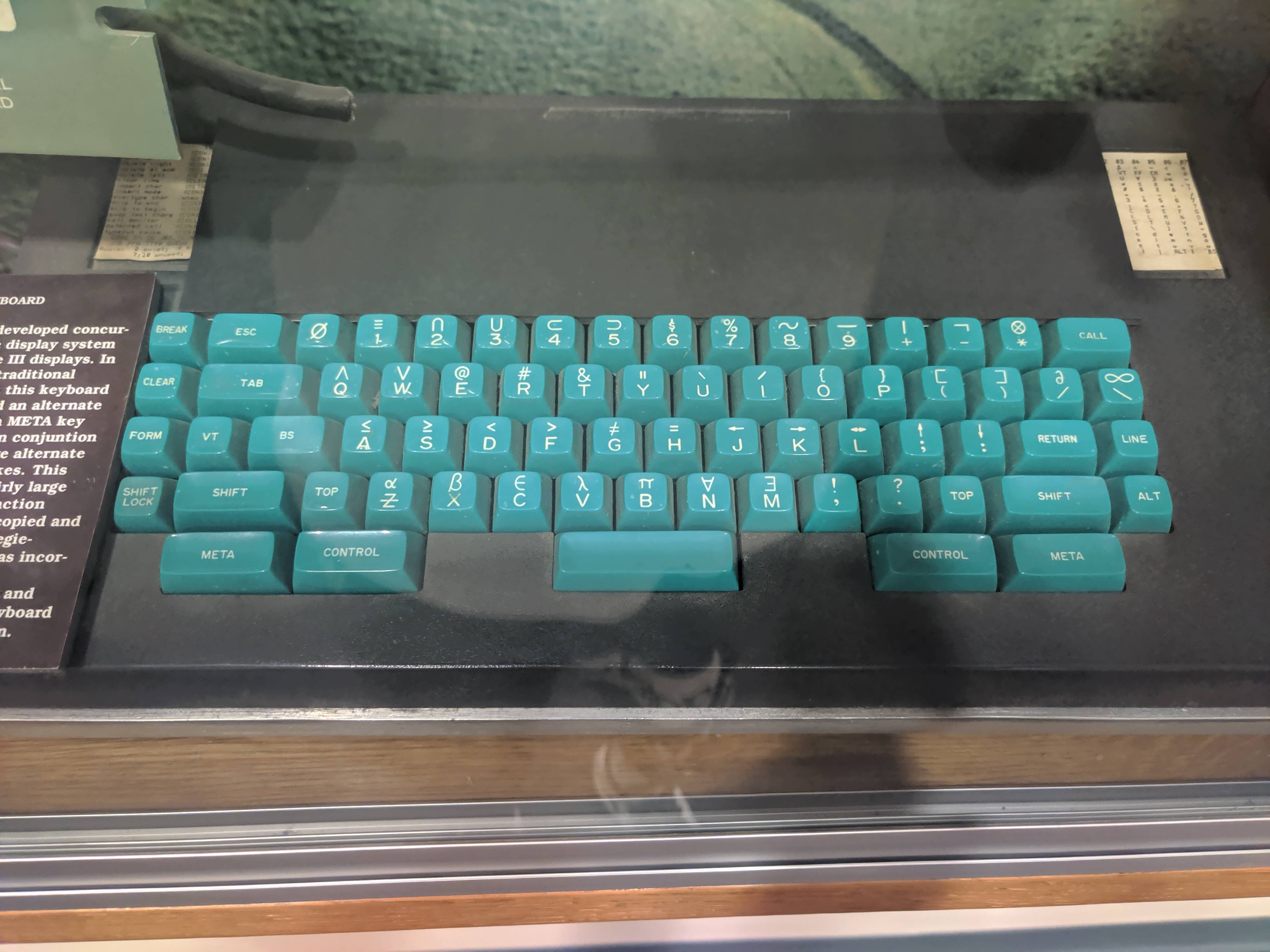
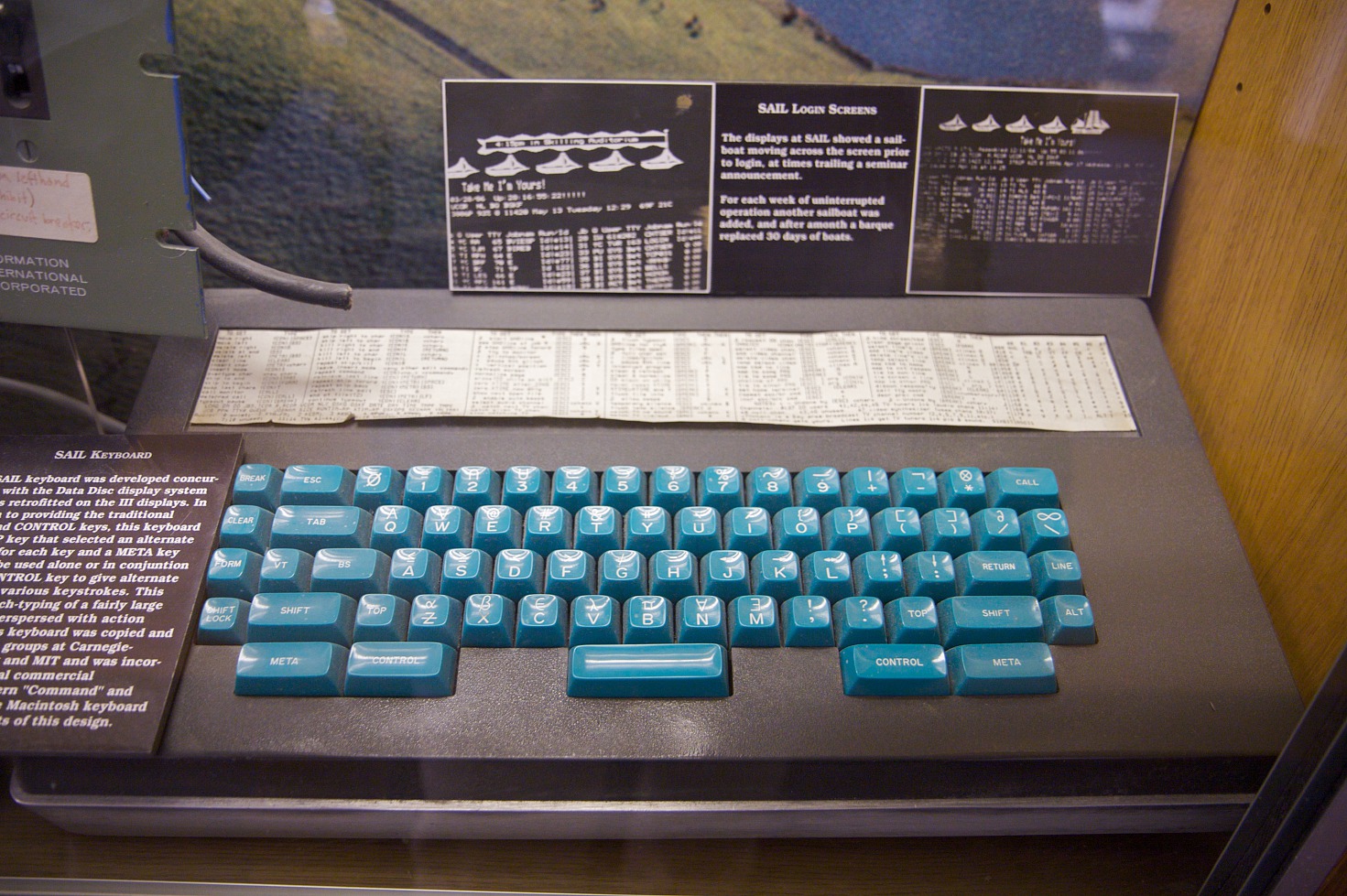
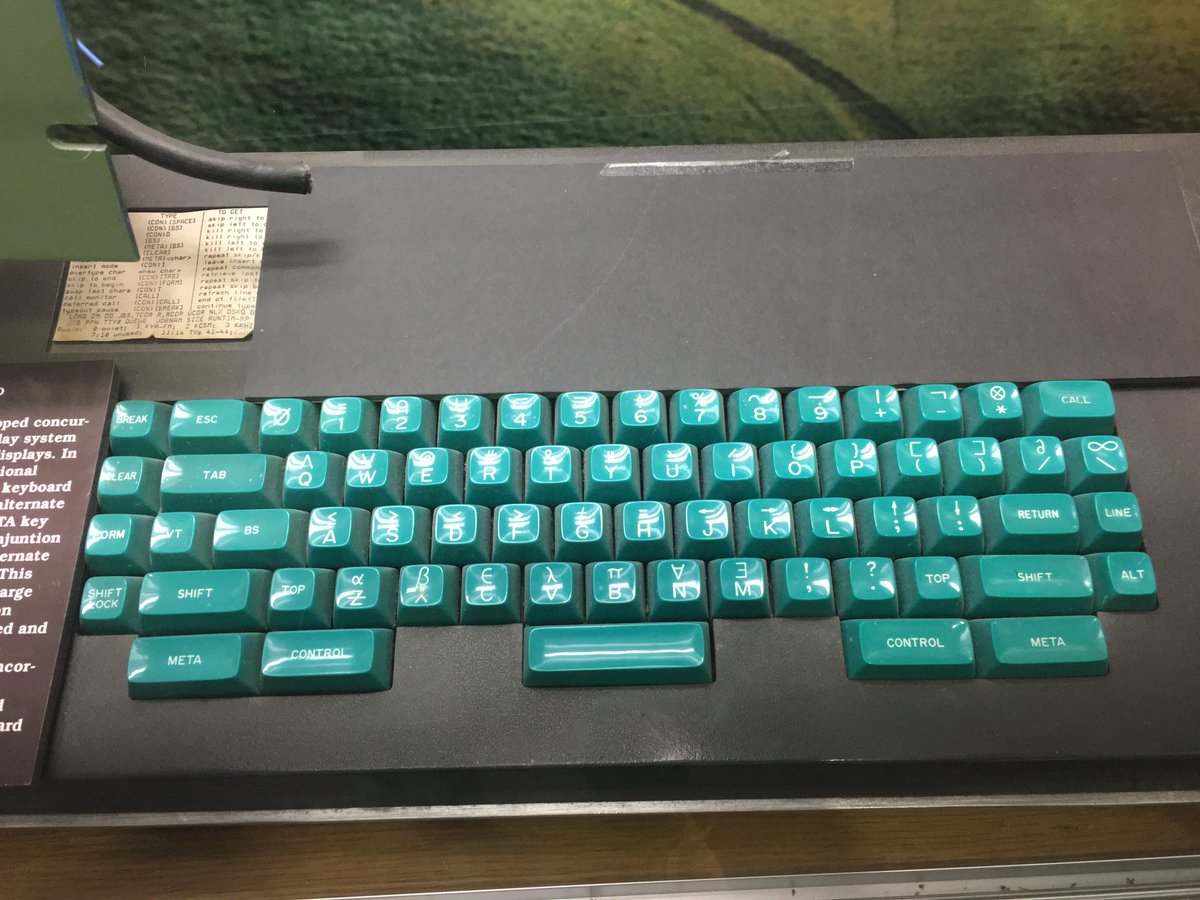
History of SAIL Keyboard
The Stanford AI Lab (SAIL) keyboard was made by Les Earnest. (According to Les Earnest and Bruce Baumgart at Stanford)
They were installed somewhat before the Data Disc display system arrived at the AI lab in 1970.
SAIL keyboard is for the Stanford AI lab III display (a vector display) and Datadisc display (raster graphics) , connected to the PDP-10 computer running WAITS.
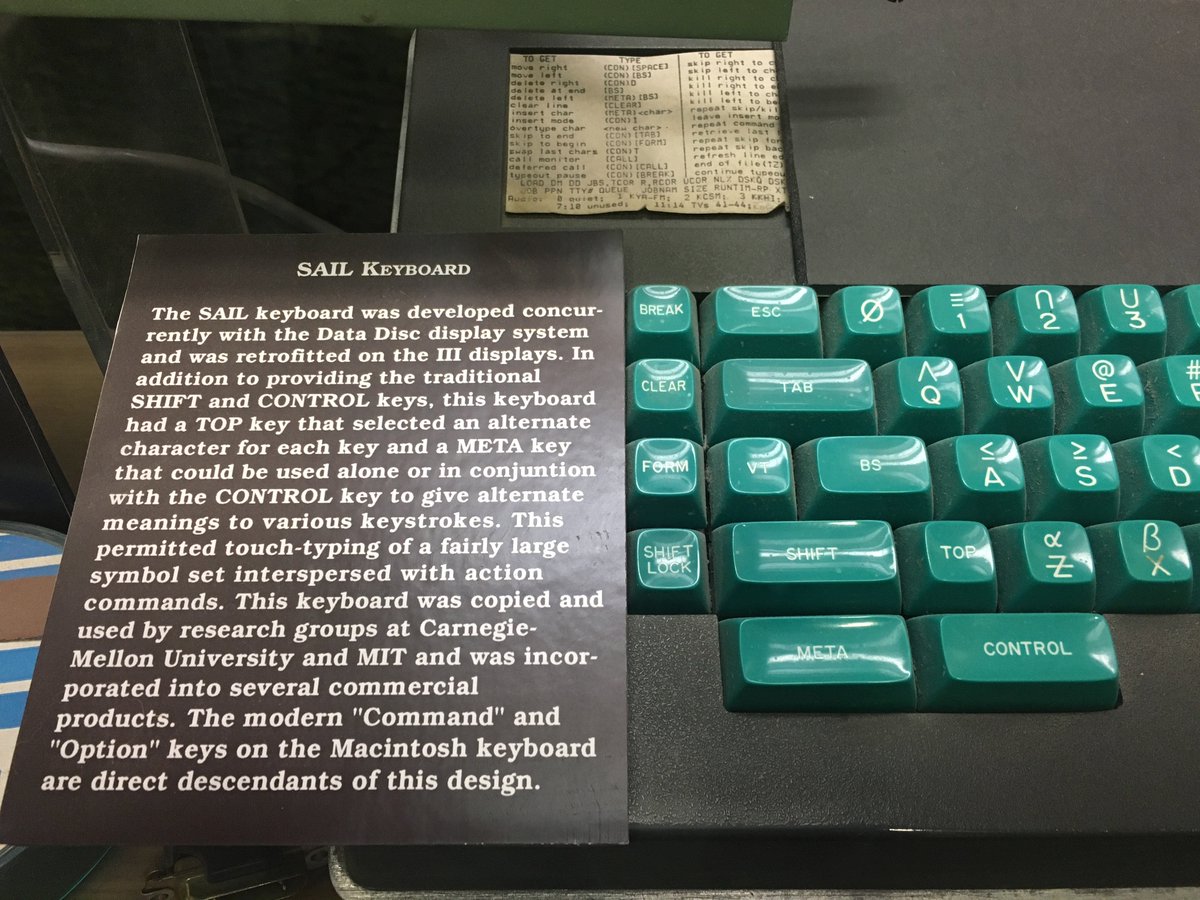
The SAIL keyboard was developed concurrently with the Data Disc display system and was retrofitted on the III displays. In addition to providing the traditional SHIFT and CONTROL keys, this keyboard had a TOP key that selected an alternate character for each key and a META key that could be used alone or in conjunction with the CONTROL key to give alternate meanings to various keystrokes. This permitted touch-typing of a fairly large symbol set interspersed with action commands. This keyboard was copied and used by research groups at Carnegie-Mellon University and MIT and was incorporated into several commercial products. The modern “Command” and “Option” keys on the Macintosh keyboard are direct descendants of this design.
Interesting Features
• SAIL keyboard invented the Meta Key, which is used in all subsequent Lisp Machine Keyboards ⌨, and to this day by Emacs. It eventually became Apple's ⌘ command key and Microsoft ❖ Window key.
• SAIL keyboard also invented The Top Key, which is like a alternate Shift key for typing math or other characters.
• Short spacebar. 〔see The Space Key〕
• Dedicated parenthesis keys.
• There is an ALT key, but it's for entering the ASCII ESC code, same as a typewriter ALT MODE.
Alt Mode is the SAIL (Stanford AI Lab) printing character that looks like a tall thin concave hollow diamond. On ASCII keyboards the Esc key maps to Alt Mode.
[from Devon Sean McCullough http://people.csail.mit.edu/devon/ ]
• The digit 0 key is to the left of 1. See this thread on a bit history of that. [2018-07-12 https://x.com/mwichary/status/1017272422402162688 ]
2018-07-27 thanks to Lars Brinkhoff for info on SAIL keyboard. • http://lars.nocrew.org/ • https://github.com/larsbrinkhoff
many more old photos and info at
- Stanford keyboard #1099
- By Lars Brinkhoff.
- https://github.com/PDP-10/its/issues/1099
SAIL Keyboard Layout

Keyboard layout.
≡ ∩ ∪ ⊂ ⊃ $ % ~ _ | ¬ ⊗
BREAK ESC 0 1 2 3 4 5 6 7 8 9 + - * CALL
∧ ∨ @ # & " ` ' { } [ ] ∂ ∞
CLEAR TAB Q W E R T Y U I O P ( ) / \
≤ ≥ < > ≠ = ← → ↔ ↑ ↓
FORM VT BS A S D F G H J K L ; : RETURN LINE
SHIFT α β ε λ π ∀ ∃ ! ?
LOCK SHIFT TOP Z X C V B N M , . TOP SHIFT ALT
META CONTROL SPACE CONTROL META
Knight Keyboard
The SAIL keyboard inspired the Knight keyboard.
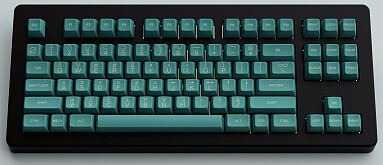 SAIL Keycaps
SAIL Keycaps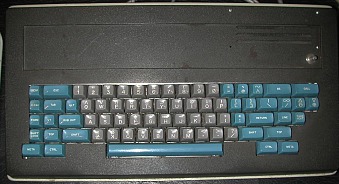 Knight Keyboard
Knight Keyboard